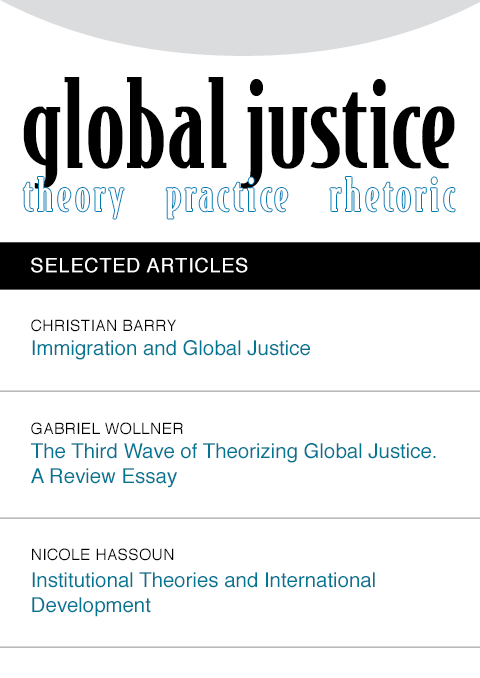Climate Change as Inhuman Treatment
DOI:
https://doi.org/10.21248/gjn.14.02.284Abstract
Do the effects of anthropogenic climate change amount to the ill-treatment of children and young adults? This is what the European Court of Human Rights asked the responding states in one of the most recent climate litigation cases. Some legal scholars give an affirmative answer concerning inhuman and degrading treatment as, in their view, the applicants’ suffering passes the necessary threshold of severity. In the paper, I differentiate between inhuman and degrading treatment, and I argue that inhuman treatment cannot be defined by the severity of suffering, but by the kind of wrong it constitutes. Inhuman treatment is about a substantial diminishment of autonomy through the undermining of planning agency as well as significantly limiting the range of options to choose from by either making the existing types of options unsafe or by taking them away altogether. I show that anthropogenic climate change can indeed have such effects not only on adults but on children too. In the case of children, it is the capacity to develop such an ability that is undermined, as well as the options that they otherwise would have. Taken together, the two amount to closing the future for children and young adults. Those whose interests are set back in this way are subjected to inhuman treatment by virtue of states not complying with their share of mitigation measures as well as not adopting more ambitious policies.

 Global Justice: Theory Practice Rhetoric (TPR) is a peer-reviewed, open-access e-journal which publishes original research in international political theory, with special emphasis on global justice. We are particularly interested in bridging the gap between political theory, empirical research, and the study of political practices and communication.
Global Justice: Theory Practice Rhetoric (TPR) is a peer-reviewed, open-access e-journal which publishes original research in international political theory, with special emphasis on global justice. We are particularly interested in bridging the gap between political theory, empirical research, and the study of political practices and communication. 


